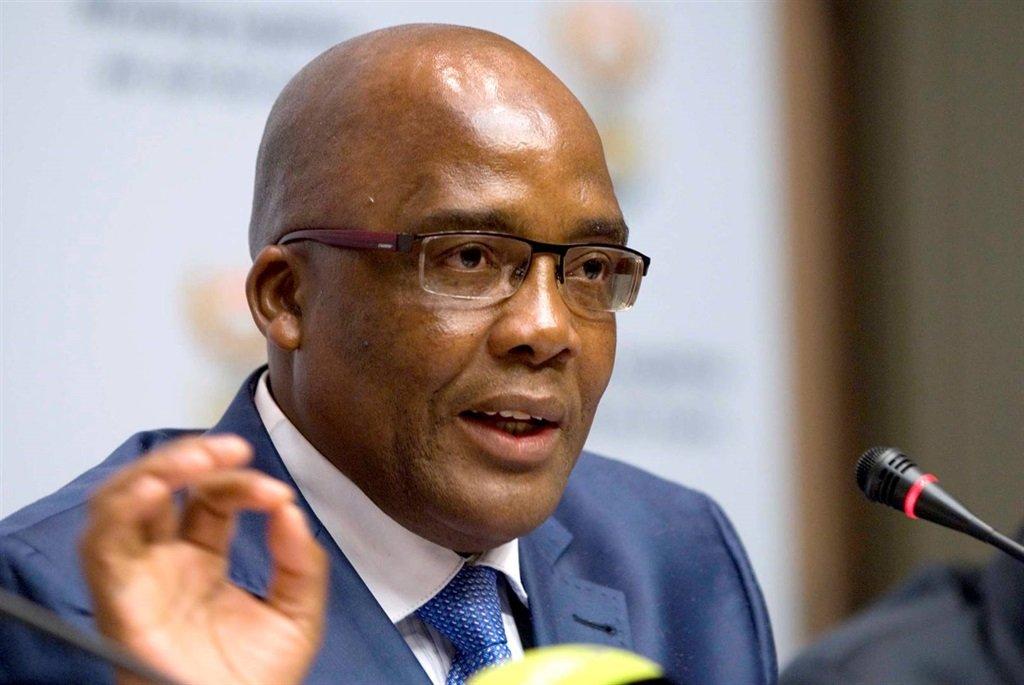High court to hear challenge to SA Govt decision on Zimbabwe Exemption Permits

SA Home Affairs Minister Aaron Motsoaledi
By The Sunday Times
JOHANNESBURG: With less than three months to go before the expiry of the Zimbabwe Exemption Permit (ZEP) regime, about 178,000 permit holders — currently lawful residents in South Africa — face an uncertain future. Much will depend on the outcome of a case to be heard in the Pretoria high court this week.
The special permits, which allowed Zimbabweans to regularise their stay in the country, were introduced in 2009 in response to a political and economic crisis in Zimbabwe that caused an exodus into South Africa. The permit regime was twice extended — in 2014 and 2017 — but the government says it was always clear that it was temporary.
In November 2021, the government announced it would “no longer issue extensions to the Zimbabwean special dispensations” and gave holders a year to get their immigration status in order. The decision meant that permit holders would now be in the same position as other foreign nationals in South Africa and must apply for the same visas and permits as everyone else.
This was a blow for many ZEP holders, who had built lives and had families in South Africa or were unable to return to Zimbabwe because of its dire economic and political state. Legal challenges to the decision by home affairs minister Aaron Motsoaledi were launched by the Helen Suzman Foundation and the Zimbabwe Immigration Federation.
What Motsoaledi decided — the precise legal nature of the decision — is one of the contested issues. The Helen Suzman Foundation says the “true nature” of the minister’s decision was “to terminate the ZEP programme and to refuse further exemptions to ZEP holders”. The minister says the programme was always due to expire and the decision was to not extend the exemption regime but to extend the current exemptions for 12 months (a further six months was later added).
While this might seem like a semantic quibble, it may be important in law because under the Promotion of Administrative Justice Act, if the government acts to take away people’s rights it must consult them before it does so.
“HSF seeks to characterise the minister’s decisions as constituting a deprivation of rights, when, in fact the minister’s decisions grant rights to ZEP holders,” says counsel for the government, Ismail Jamie SC, in written argument.
But Steven Budlender SC, for the Helen Suzman Foundation, says the minister’s court papers are attempting to reinterpret his decision. The version from the home affairs director-general “is inconsistent with the public statements, submissions and directives” of government officials.
There was no consultation prior to the decision, says Budlender. Instead there was an “after-the-fact call for representations”, but this was “not genuine” and was simply a “tick-box exercise”.
“Inviting representations on a decision that has already been taken runs counter to the very purpose of procedural fairness and procedural rationality, which is to ensure that before the ultimate decision is taken, an administrative functionary has an open mind and a complete picture of the facts,” he says.
But Jamie argues that what is important is not the timing of the call for representations, but whether it “allows affected parties a meaningful opportunity to deal with how the decision does or will affect them”. He says the fact that the minister, after advice, extended permits for another six months showed he was open to persuasion.
The impact of the minister’s decision is that thousands of ZEP holders are at risk of being left undocumented, says Budlender. This exposes them to the dangers of xenophobic attacks, human trafficking, extortion and the threat of arrest, detention and deportation. They risk losing their jobs, businesses and homes, being separated from their children and losing access to banking services and pension funds.
These risks affect their rights to dignity and the rights of their children. Under the constitution, the best interests of children are paramount, he says.
Tembeka Ngcukaitobi SC, counsel for the Zimbabwe Immigration Federation, says many ZEP holders have married South Africans or have South African children. “For many of these children, South Africa is the only home they know. The minister’s decision accordingly threatens to break up families and displace many people … The right to family life is not a coincidental consequence of human dignity, but rather a core ingredient of it.”
But Jamie says the exemption regime was never meant to be permanent. “This was made clear at all times,” he says. “The coming to an end of an exemption which was always temporary does not implicate the right to dignity of the beneficiaries … simply because it has come to an end.”
The Zimbabwe Immigration Federation has asked the court for an interim interdict to prevent implementation of the minister’s decision until a full review is entertained by the courts. The Helen Suzman Foundation wants the courts to set aside the decision permanently but says the minister is not prevented from taking a new decision — as long as it is taken lawfully.
But the government says both the federation and the foundation are seeking to secure a permanent right “through the back door” for the ZEP holders to remain in South Africa indefinitely.




